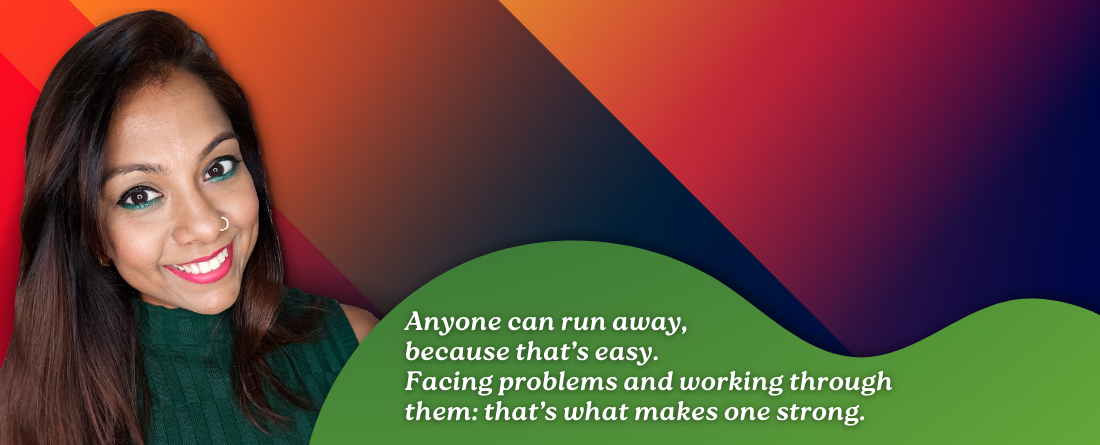These days, committing an online offence is far more sophisticated than simply downloading things without consent. In fact, the Royal Malaysian Police (RMP) says it has become more lucrative than drug trafficking, with more than 70 percent of commercial cases now categorised as cybercrime.
Believe it or not, the Movement Control Order has also created an unwitting link to cybercrime growth: from March to June last year, when Malaysians first went into Covid-19 lockdown, authorities received almost 4,000 cybercrime reports, an increase of more than 90 percent compared to the same period in 2019.
The reported cases involved cyberbullying, fraud, cyber intrusions, hacking attempts and spamming, most of which occurred in urban areas that had high-speed Internet connection.
Apart from the above, other examples of cybercrime include identity theft, malware, spoofing, web defacement, phishing scams, online harassment, and distribution of child pornography. According to the RMP, the top three cases reported between 2007 and 2012 comprised e-commerce fraud, parcel scams, and vishing (voice, or VoIP phishing) involving cross-border syndicates.
Cybercrime should not be taken lightly as it has far-reaching consequences. For example, phishing can expose your personal data to electronic crime syndicates, while something seemingly harmless like social media use can involve spreading misinformation, slander and defamation, as well as opening people and organisations to abuse.
Worst of all is cyberterrorism, which may be in the form of direct attacks on crucial ICT infrastructures or the spread of extremist or militant propaganda.
Authorities are well aware of all these threats. Legal frameworks are being introduced and updated, while the RMP is training officers and upgrading its digital forensic toolkits to better combat cyberthreats. Malaysia is also involved in the global effort against cybercrime, spearheaded by international agencies like Interpol and Virtual Global Taskforce.
So, what should we do about all of this? Keeping informed is important as we are all vulnerable. Here are some proactive steps you can take to avoid becoming victims:
- Don’t give out your personal information over the phone or via email unless you are sure the phone line or email is verified and secure.
- Don’t open attachments from people you don’t know.
- Don’t click or download links in emails or messages from unidentified sources.
- Use strong passwords, and change them regularly.
- Invest in a good antivirus software, use a web monitor when you browse, and keep your operating system updated to protect yourself from the latest threats.
Importantly, report threats to CYBER999 or visit this website for more information.
And yes, digital piracy is a crime. The local media and entertainment industry is losing RM3 billion annually due to piracy, and there are calls for stricter regulation and more severe punishment for wrongdoers. So, if you’ve been illegally downloading files, or using illicit streaming devices, now would be a good time to stop.
By Tengku Amina Munira









